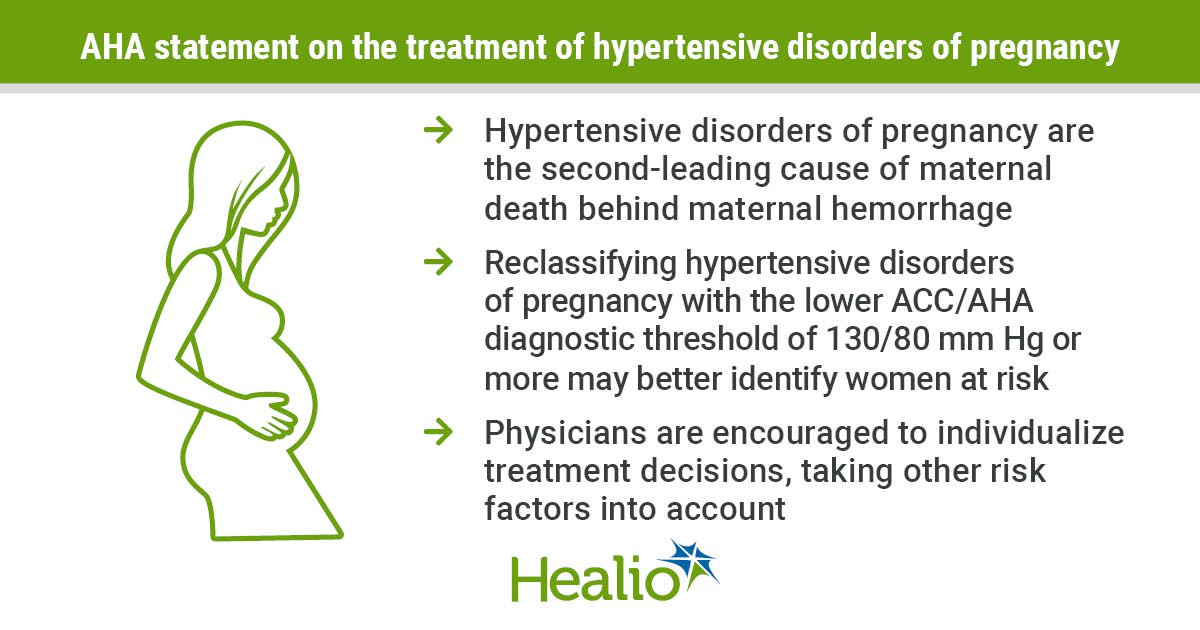Severe Hypertension During Pregnancy: Pregnancy is often described as one of the most beautiful phases in a woman’s life — a time of joy, hope, and anticipation. Yet, beneath the happiness lies a lesser-discussed but potentially life-threatening risk: high blood pressure during pregnancy. Also known as pregnancy-induced hypertension (PIH), this condition can develop suddenly and have serious consequences for both the mother and the unborn baby. Medical experts warn that while mild fluctuations in blood pressure are normal during pregnancy, persistent high blood pressure should never be ignored. It’s not just a temporary concern — if left unmanaged, it can increase the risk of long-term cardiovascular disease for the mother and developmental complications for the baby.
According to leading gynaecologists, including Dr. Sonu Taxak, Director and Senior IVF Consultant at Yellow Fertility, hypertension in pregnancy is far more common than most women realize. It can take multiple forms, such as gestational hypertension, preeclampsia, or existing high blood pressure that worsens during pregnancy. Alarmingly, hypertensive disorders affect 5–10% of pregnant women, and the incidence has increased by almost 25% over the past two decades. This makes it essential for expecting mothers to monitor their blood pressure regularly and consult their doctor about cardiovascular health before, during, and after pregnancy.
For many women, high blood pressure is manageable with proper care, but its consequences can be severe if overlooked. The risks include life-threatening complications such as stroke, organ damage, preterm delivery, and low birth weight. More importantly, uncontrolled hypertension during pregnancy is a strong predictor of future heart disease and stroke later in life. Understanding the causes, symptoms, risk factors, and preventive measures is key to protecting both maternal and fetal health.
Understanding Hypertension During Pregnancy
What Is Pregnancy-Induced Hypertension (PIH)?
Pregnancy-induced hypertension is an umbrella term that covers several blood pressure-related conditions that arise during pregnancy. While blood pressure normally drops slightly in the first and second trimesters and then rises near delivery, some women experience abnormally high levels that pose significant health risks.
The main types of hypertension during pregnancy include:
- Gestational Hypertension: High blood pressure that develops after 20 weeks of pregnancy without signs of organ damage.
- Preeclampsia: High blood pressure with signs of organ involvement, most commonly affecting the liver and kidneys.
- Chronic Hypertension: Pre-existing high blood pressure that continues or worsens during pregnancy.
Why Controlling Blood Pressure During Pregnancy Matters
For the Mother
Uncontrolled blood pressure during pregnancy can have severe consequences for the mother, including:
- Stroke or Heart Failure: Elevated blood pressure increases the risk of life-threatening cardiovascular events.
- Organ Damage: The liver, kidneys, and other vital organs may suffer from reduced blood flow or damage.
- Future Heart Disease: Women who experience pregnancy-related hypertension are more likely to develop hypertension, heart disease, or stroke later in life.
For the Baby
High blood pressure affects the placenta, which supplies oxygen and nutrients to the growing fetus. This can result in:
- Restricted Growth: Poor blood flow can slow fetal development.
- Preterm Birth: Early delivery may be necessary to protect the health of both mother and child.
- Low Birth Weight: Insufficient nutrient supply can lead to growth restriction and complications after birth.
Read about: Vaccines for Dementia: 4 Vaccines That Can Lower the Risk of the Progressive Brain Disease
Who Is at Higher Risk of Hypertension During Pregnancy?
While any pregnant woman can develop high blood pressure, certain factors significantly increase the risk. These include:
- First-time pregnancy or a history of preeclampsia in previous pregnancies.
- Family history of hypertension or cardiovascular disease.
- Being over 35 years of age.
- Multiple pregnancies (e.g., twins or triplets).
- Obesity or a body mass index (BMI) above 30.
- Pre-existing medical conditions, such as diabetes, kidney disease, or autoimmune disorders.
Women with any of these risk factors should have their blood pressure monitored more closely throughout pregnancy and discuss tailored care plans with their healthcare provider.

Tips to Protect Heart Health During Pregnancy
1. Monitor Blood Pressure Regularly
Routine prenatal check-ups should always include blood pressure measurement. Women with known risk factors may need home monitoring to track fluctuations more closely.
2. Maintain a Heart-Healthy Diet
Consuming a balanced diet rich in fruits, vegetables, lean proteins, and whole grains helps manage blood pressure. Reducing salt and avoiding processed foods are also key.
3. Stay Physically Active
With your doctor’s approval, light to moderate exercise (like walking, prenatal yoga, or swimming) can improve circulation and support cardiovascular health.
4. Manage Stress
Chronic stress can elevate blood pressure. Techniques like deep breathing, meditation, and prenatal relaxation exercises can help keep stress levels under control.
5. Avoid Smoking and Alcohol
Both significantly raise the risk of hypertension and can harm fetal development. Quitting smoking and limiting alcohol are essential steps in a healthy pregnancy.
Conclusion
High blood pressure during pregnancy is not a minor concern — it’s a potentially dangerous condition that requires attention, awareness, and proactive care. As Dr. Sonu Taxak emphasizes, most hypertensive disorders are preventable and manageable with regular monitoring and proper medical support. Women should not dismiss rising blood pressure as a normal part of pregnancy, especially if it occurs early or is accompanied by symptoms like headaches, swelling, or visual disturbances.
The implications of unmanaged hypertension extend far beyond childbirth. Women who experience gestational hypertension or preeclampsia face a significantly higher risk of developing heart disease, stroke, and chronic hypertension later in life. Thus, pregnancy should be seen not only as a time to nurture a growing baby but also as an opportunity to prioritize long-term cardiovascular health.
For babies, the consequences of maternal hypertension can range from restricted growth and premature birth to long-term developmental challenges. However, with early detection and appropriate intervention, these risks can be dramatically reduced. Simple lifestyle adjustments, combined with consistent prenatal care, can safeguard the well-being of both mother and child.
Ultimately, awareness is the most powerful tool against pregnancy-related hypertension. By educating women about risk factors, encouraging regular check-ups, and advocating for heart-healthy habits, healthcare providers can help ensure that pregnancy remains a safe and joyful experience — not just for mothers, but for the next generation too.
Also read: Second-Hand Smoke: A Global Health Burden for Children
FAQs of Severe Hypertension During Pregnancy
1. What causes high blood pressure during pregnancy?
High blood pressure during pregnancy can be triggered by various factors, including hormonal changes, increased blood volume, and pre-existing conditions like diabetes or kidney disease. Other risk factors include age, obesity, multiple pregnancies, and a family history of hypertension. Sometimes, the exact cause remains unknown, which is why regular monitoring is crucial.
2. How can I know if I have preeclampsia?
Preeclampsia often presents after 20 weeks of pregnancy and is characterized by high blood pressure along with signs of organ damage — such as abnormal liver or kidney function. Symptoms may include severe headaches, blurred vision, swelling in the hands or face, and sudden weight gain. Always report these signs to your healthcare provider immediately.
3. Is high blood pressure during pregnancy dangerous for the baby?
Yes. High blood pressure can reduce blood flow to the placenta, limiting oxygen and nutrient supply to the fetus. This can lead to intrauterine growth restriction (IUGR), premature birth, and low birth weight. Severe cases may necessitate early delivery to protect both mother and child.
4. Can pregnancy-induced hypertension be prevented?
While not all cases can be prevented, many can be managed through lifestyle changes. Maintaining a healthy weight, eating a balanced diet, exercising moderately, and avoiding smoking or alcohol all reduce risk. Women with known risk factors should work closely with their doctors to monitor blood pressure throughout pregnancy.
5. Will high blood pressure during pregnancy affect my long-term health?
Women who develop gestational hypertension or preeclampsia have a higher lifetime risk of cardiovascular disease, stroke, and chronic hypertension. Regular heart check-ups, a heart-healthy lifestyle, and blood pressure monitoring after delivery are essential to minimize future risks.












3nmbhc